5940004901161
Price Quote Get an up to date pricing and availability quote for this product. Order online or over the phone.
Quality Commitment
Serving our customers with quality and safety first.
- AS9120 Certified
- Audited supply chain
- ITAR Registered
- DDTC Registered
- HAZMAT Certified
- Customer service objectives
- Every product 100% inspected

5940-00-490-1161 Specification Set by the OEM (see RNCC code 3)
0.141in.
0.266in.
0.188in.
0.067in.
0.138in. single end
0.110in. single end
uninsulated
swage
0.078in.
0.078in.
0.109in.
tubular, round
single turret single end
copper alloy
QQ-B-626 comp 22, 1/2 h fed spec single material response
o/a external surfaces silver
0.040 silver grains, troy
silver
silver single layer
QQ-S-365 fed spec single treatment response single layer
Cross Reference Parts Part numbers that meet the specification outlined on this page and set by the OEM
Identification Item Identification Guide (IIG) and Item Name Code (INC)
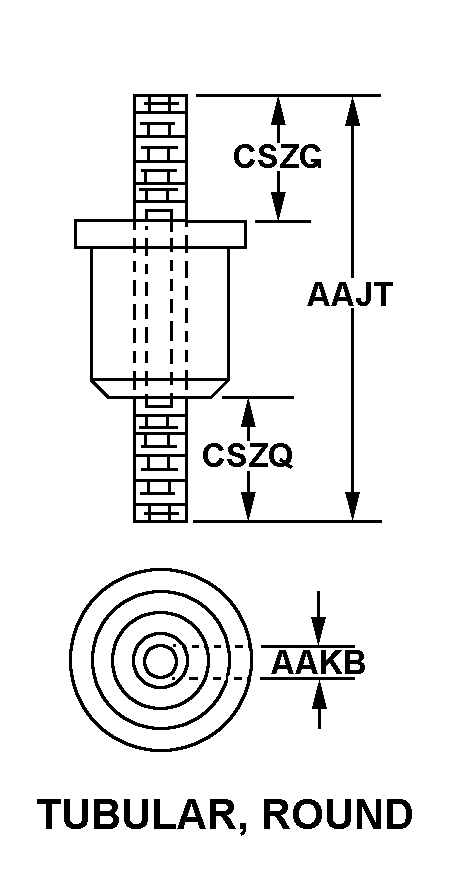
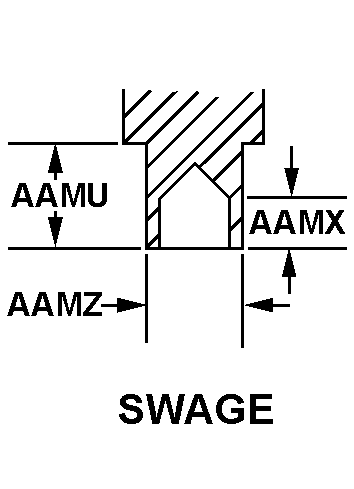
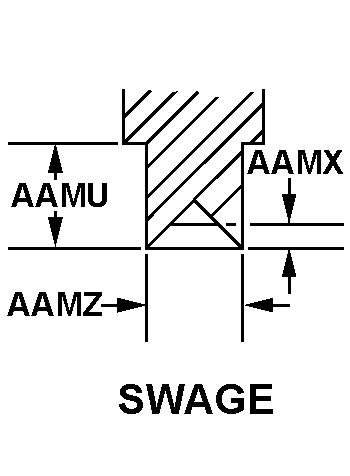
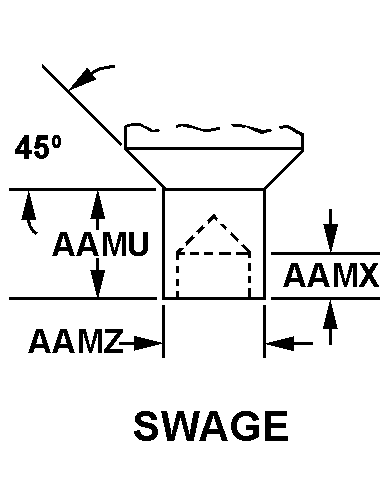
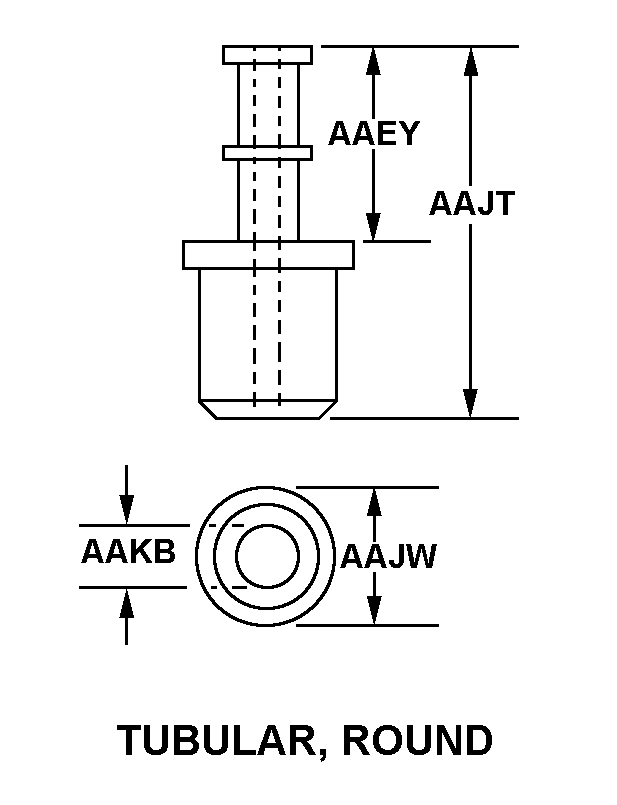
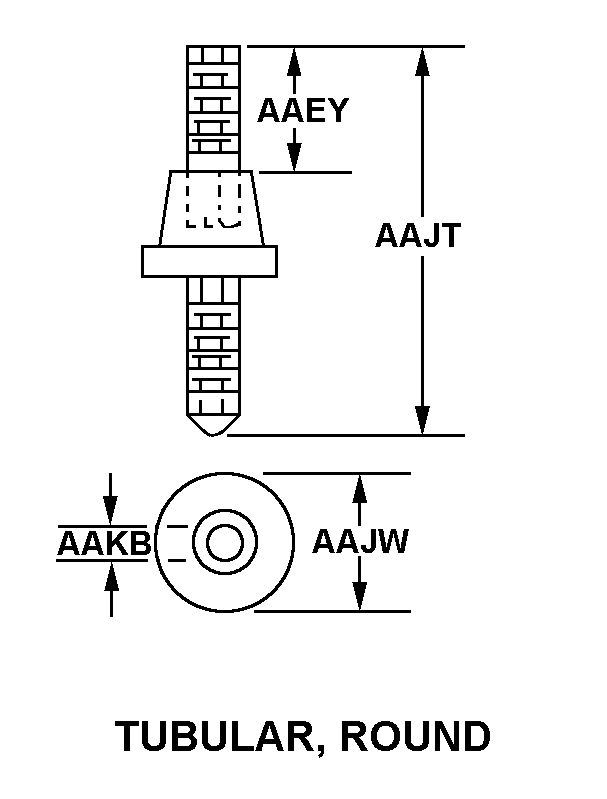
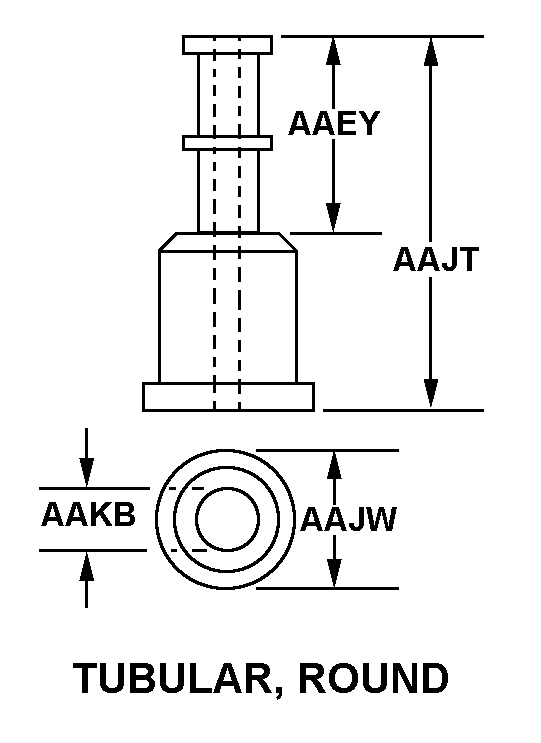
Definition Definition of approved item name (AIN): "TERMINAL,STUD"
A terminal, generally postlike, having an axial portion of its body designed for projecting through or into a panel, or the like, for mounting. Requires the use of tool(s) for attachment of wire. The conductor connection may be insulated from the mounting. Excludes terminal, feedthru. See also terminal, quick disconnect and terminal set, quick disconnect.
5940-00-490-1161 Material Hazmat, Precious Metals, Criticality, Enviroment, and ESD
Indicates there is no data in the hmirs and the nsn is in a fsc not generally suspected of containing hazardous materials.
Item contains silver.
The item does not have a nuclear hardened feature or any other critical feature such as tolerance, fit restriction or application.
Identification Codes
HMIC: Hazardous Material Indicator Code. A one position code that identifies a hazardous item.
PMIC: Precious Metal Indicator Code. A one position code which identifies items that have precious metals as part of their content. precious metals are those metals generally considered to be uncommon, highly valuable, and relatively superior in certain properties such as resistance to corrosion and electrical conductivity.
ESD: Electrostatic Discharge. Indicates if an item is susceptible to electrostatic discharge or electromagnetic interference damage. electrostatic discharge damage occurs when an accumulation of static electricity generated by the relative motion or separation of materials is released to another item by direct contact. electromagnetic interference damage occurs when an item comes into proximity with an electrostatic or magnetic field.
ENAC: Enviromental Attribute Code. Identifies items with environmentally preferred characteristics.
CRITL: Criticality Indicator Code. Indicates an item is technically critical by tolerance, fit, application, nuclear hardness properties, or other characteristics.






